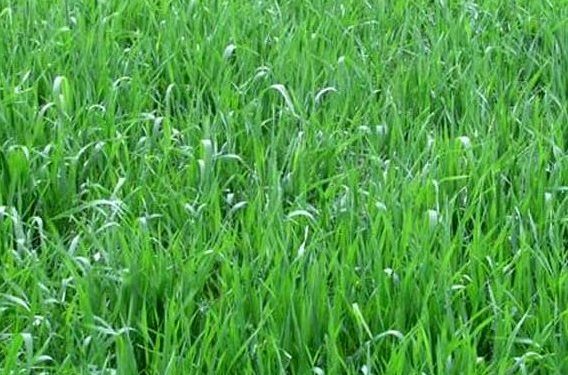Sambalpur: Even as the district has seen a huge influx of migrants and there is loss of livelihood for a large number of people, the district administration is looking at various options to provide them with livelihood.
The administration has realized that the Mahatma Gandhi National Rural Employment Guarantee Scheme (MGNREGS) will be the fulcrum of providing jobs to them at a time when revenues are drying up due to a halt in economic activities. Providing livelihood to migrants and the poor will not be economically sustainable for long.
In view of this, the forest department and other departments have already been making use of many projects under MGNREGS, creating work for daily wagers, labourers and the poor class.
Now, the administration wants to make use of the rural job scheme for dairy farmers, who have been severely affected by a series of lockdowns and shutdowns.
Under the MGNREGS, the administration has decided to massively promote dairy farming by providing them with financial assistance for green fodder cultivation/ grass cultivation.
This was stated here by the office of the PD, DRDA. The animal husbandry department conducted a survey in 9 blocks and identified 690 dairy farmers.
The farmers are supposed to earmark an acre or more land for green fodder cultivation. The work will be included in the MGNREGS while seeds for grass will be provided them free of cost.
As per the decision, each beneficiary farmer will be provided Rs 25,000.
Farmers can start cutting grass with 70/80 days from the day of sowing seeds. The administration has set a target to harvest grass five to six times a year. The farmers will have plenty of grass for their bovines.
According to farmers, due to lockdown, cattle feed supply has been badly disrupted while the price of the feed in the market has spiraled. The price of the cattle feed is not affordable on part of the farmers.
At this crisis, daily farmers will not have to depend on the market while green fodder production will make them self-dependent and ensure more milk production.
An official said this scheme will immensely benefit the dairy farmers and provide them with a stable income option at these crisis times.
Souvid Bisi, the district coordinator for MGNREGS, said, “This scheme will be beneficial for dairy farmers. On a half acre of land, a farmer can produce 600 to 900 quintals of grass. Grass will reduce their dependency on market cattle feeds. If a farmer doesn’t have cattle, he can sell grass to other dairy farmers.”
PNN






































